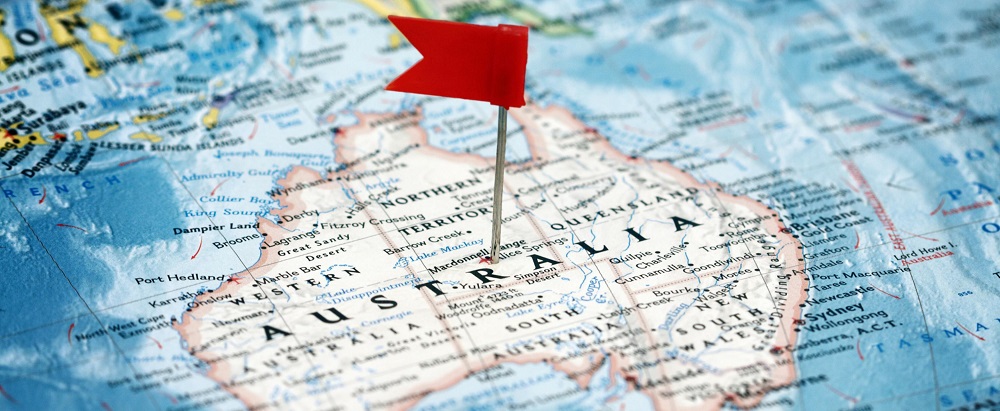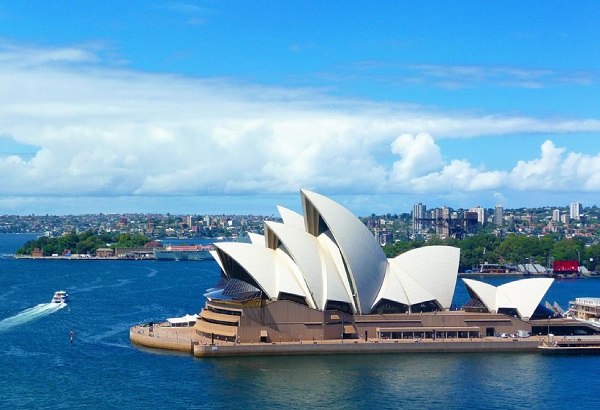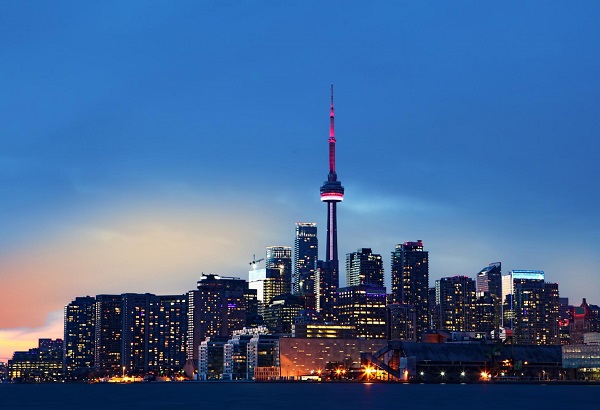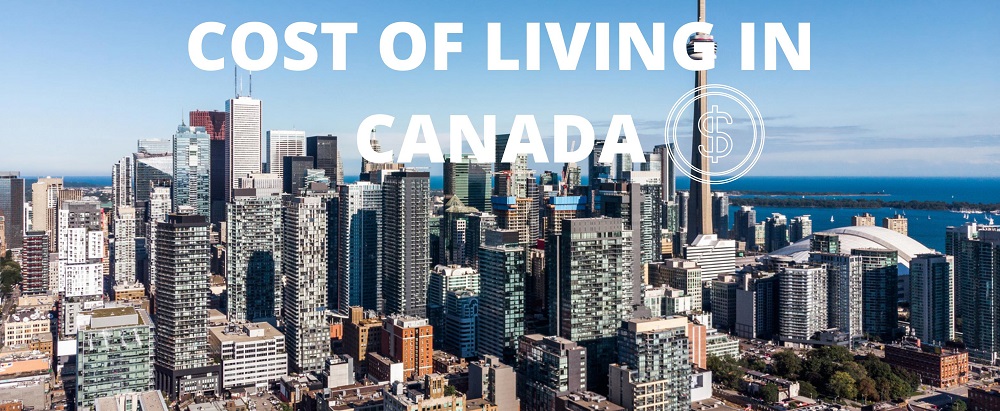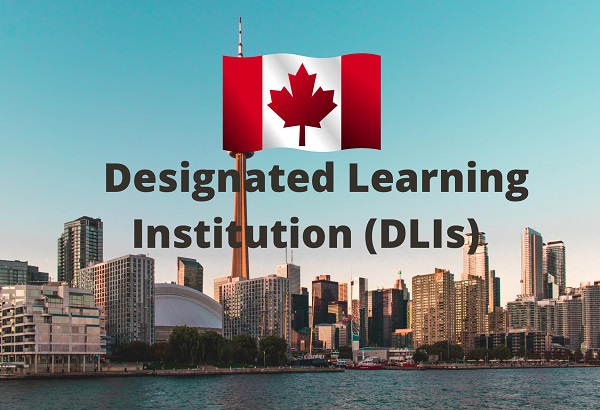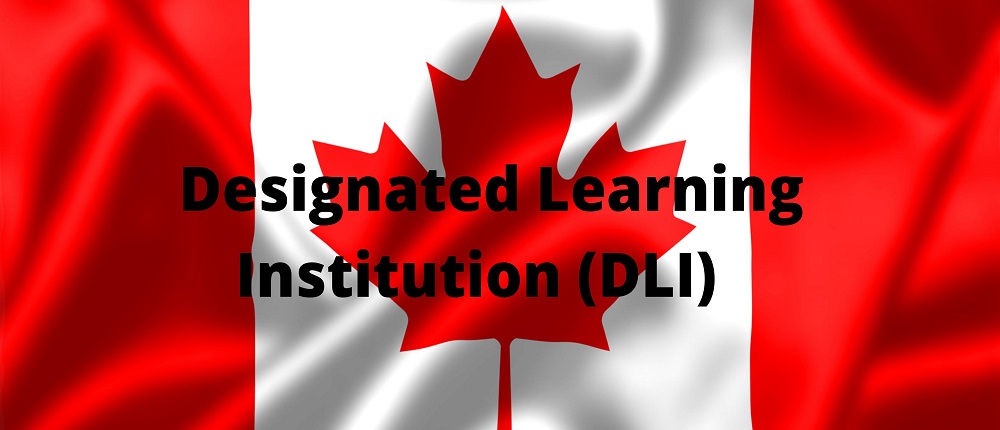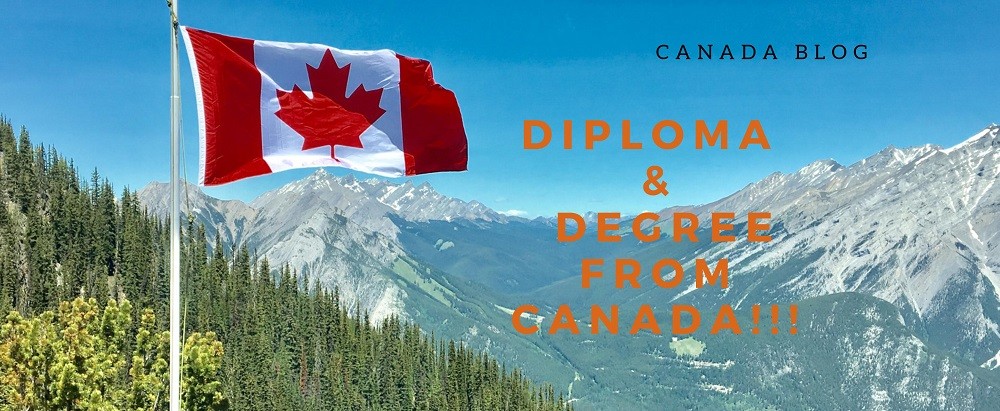A guidanceMany students nowadays aspire to further their education in a foreign entity. Besides offering an opportunity for education, there is also the bonus of being able to obtain a job aa and improve your skills. It’s natural to be confused about whether to pursue a degree or a certification when you plan your higher education in Canada. Many students believe that a degree is far preferable to a diploma; nevertheless, this is not necessarily the case in today’s environment. The one you need to choose over the other may be determined by several criteria, including their industry value and associated course prices.
DiplomaIn Canada, a diploma, usually a Postgraduate Diploma, is a one- to two-year study. Diplomas also give candidates the option of combining two one-year courses and selecting a specialty in their field of interest. If you wish to pursue a PG Diploma degree in Canada, you’ll need to meet specific requirements, which differ per college. You will be required to work on industry projects as part of the course. The fees for certificate courses are lower than those for degrees in Canada. Depending on the business, graduation from a Canadian college or university can earn you anywhere from $30,000 to 60,000 CAD per year.
DegreeDegree programs in Canada can last anywhere from three to four years, depending on the province and whether the program is general or specialized. Bachelor’s, Master’s, and Doctoral degrees are the three categories of degrees available. You must complete a secondary school program to pursue a Bachelor’s degree. It is a requirement for entrance to a bachelor’s degree program. A master’s degree program takes about two years to finish, and you must first complete your bachelor’s degree. Students were even allowed to finish their honors baccalaureate program and enroll in a doctoral program in some cases. You should be aware that degree programs are more expensive than certificate programs.
Which is preferable: a Canadian diploma or a Canadian degree?

Canada is a country with a thriving economy and one of the world’s leaders in educational possibilities. It also features one of the most diverse and inclusive cultures in the world, making it a great place to call home in the future. When deciding to study abroad, you may be unsure whether to enroll in a degree program or a certificate program. And pursuing your degree in Canada adds to the uncertainty because you may be unfamiliar with the country’s economic climate and educational structure.
In Canada, there are numerous alternatives for certificate and degree programs. The additional chances that you will have after completing the program are mostly determined by the type of program that you choose.
Let’s talk about it and see which alternative is the better choice.
1. Time frame
A PG diploma in Canada will, of course, take less time to complete than a Masters’s degree program. PG diplomas are usually one-year programs, although they can also be two-year programs. A master’s degree program lasts about two years, with some courses lasting up to three years.
2. Price
The cost of a postgraduate diploma program is less than that of a master’s degree program. For example, if you have to pay around CAD 20,000 per year for a postgraduate diploma program, you will have to pay around $CAD 30,000per a year for a Masters degree program.
3. Prospects for the future
In most circumstances, a candidate who has completed a degree program is given higher priority than a candidate who has completed a certificate program. A degree program’s framework also covers a broader range of employment options, whereas a PG diploma program’s career opportunities are more specific to the discipline.
4. Work visa after graduation
A one-year PG diploma course qualifies you for a one-year work visa, but a two-year Masters’s degree qualifies you for a three-year work visa. A lengthier work visa may allow you to spend more time looking for the ideal employment and establishing your professional credentials.
5. Provided by
Community colleges and some universities offer PG diploma programs, whereas institutions offer Masters’s degree programs. A combination of course work and research is also included in the master’s degree program. Although it is entirely up to you whether to pursue a postgraduate diploma or a master’s degree in Canada, a degree will provide you with more chances. A Masters’s degree also opens up the possibility of obtaining a doctorate. Last but not least, it extends your post-study employment visa for an additional year.
